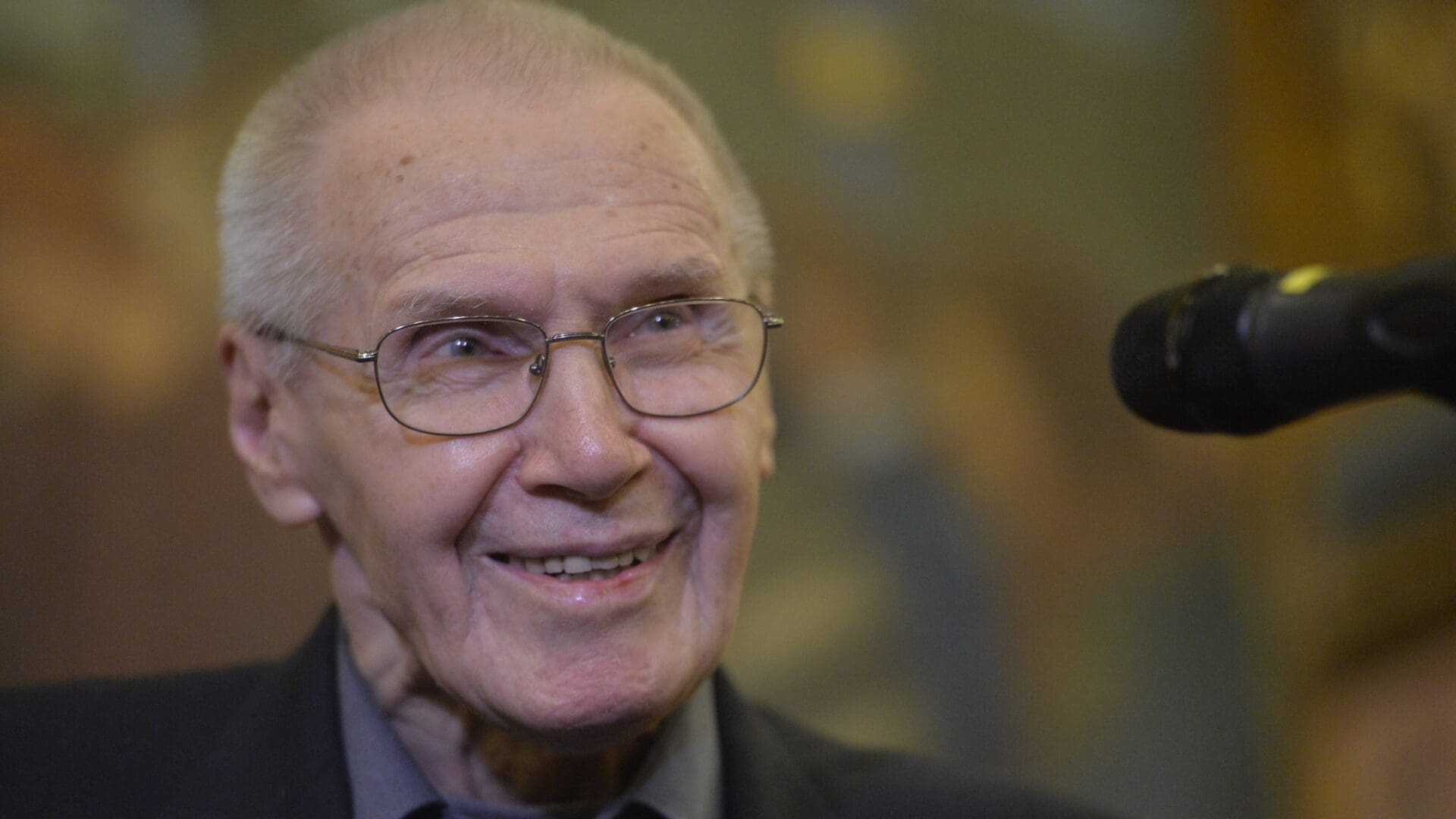In recognition of his profound impact on music and humanity, world famous Hungarian composer György Kurtág was awarded the Wolf Prize.
According to the citation, his music delves into the existential questions of the human soul, focusing on fundamental emotions such as love, sorrow, fear, anxiety, despair, and the desire for harmony and reconciliation. From short piano works to large-scale cantatas and operas, Kurtág’s art reflects the entire history of Western music, past and present. His influence on numerous musicians is remarkable, and his dedication to music and structural thinking serves as a beacon of humanity in the world of contemporary classical music.
György Kurtág, born in 1926 in Lugos (Lugo), Transylvania, stands as a towering figure in contemporary classical music. Renowned for his avant-garde contributions, Kurtág’s musical journey began at a young age. At just five years old, he commenced piano lessons with Klára Vojkicza-Peia, marking the start of an illustrious career.
In 1946 Kurtág embarked on his professional musical education at the Liszt Ferenc Academy of Music in Budapest. Here, he studied piano and composition under the tutelage of esteemed mentors, including Pál Kadosa (piano), Leó Weiner (chamber music), and later, Sándor Veress and Ferenc Farkas (composition). Kurtág earned his degree in piano and chamber music in 1951 and in composition in 1955. His early education, influenced by Hungarian folk traditions and the works of Zoltán Kodály and Béla Bartók, laid a robust foundation for his innovative career.
Wolf Prize on X (formerly Twitter): “Congratulations to Composer György Kurtág, The 2024 Wolf Prize Laureate in Music!For more information-https://t.co/VcBIAs32nC pic.twitter.com/asLIhXOKu5 / X”
Congratulations to Composer György Kurtág, The 2024 Wolf Prize Laureate in Music!For more information-https://t.co/VcBIAs32nC pic.twitter.com/asLIhXOKu5
From 1960 to 1968, Kurtág worked as a répétiteur for soloists at the National Concert Bureau. His teaching career at the Liszt Academy of Music began in 1967, initially assisting Pál Kadosa in piano before moving on to teaching chamber music. Although he officially retired in 1986, Kurtág continued to impart his knowledge until 1993. Since then, he has conducted chamber music courses across Europe and the United States.
Kurtág’s compositions are distinguished by their unique blend of modernist elements and deep emotional resonance.
His extensive oeuvre includes chamber music, vocal compositions, and orchestral pieces, with Játékok (Games) standing out as a monumental collection that explores musical language and form.
His collaboration with his wife, pianist Márta Kurtág, has been a significant aspect of his artistic journey, resulting in profound interpretations of his works.
Throughout his prolific career, Kurtág has held the prestigious role of composer-in-residence with numerous esteemed orchestras and ensembles, including the Berlin Philharmonic, the Sächsische Staatskapelle Dresden, the Wiener Konzerthaus, the Dutch National Opera, and Ensemble InterContemporain. His compositions, celebrated globally, have earned him international recognition and numerous accolades, including the prestigious Grawemeyer Award for Music Composition.
Kurtág’s music, characterized by its intensity and introspection, captures the essence of human experience in condensed, emotionally charged expressions. His work challenges conventional boundaries, expanding the possibilities of musical expression. Beyond his compositions, Kurtág has been an inspiring teacher, influencing generations of musicians and composers. His deep connection to his Hungarian roots and commitment to musical exploration have established him as a luminary in the realm of 20th and 21st-century classical music.
Related articles:








